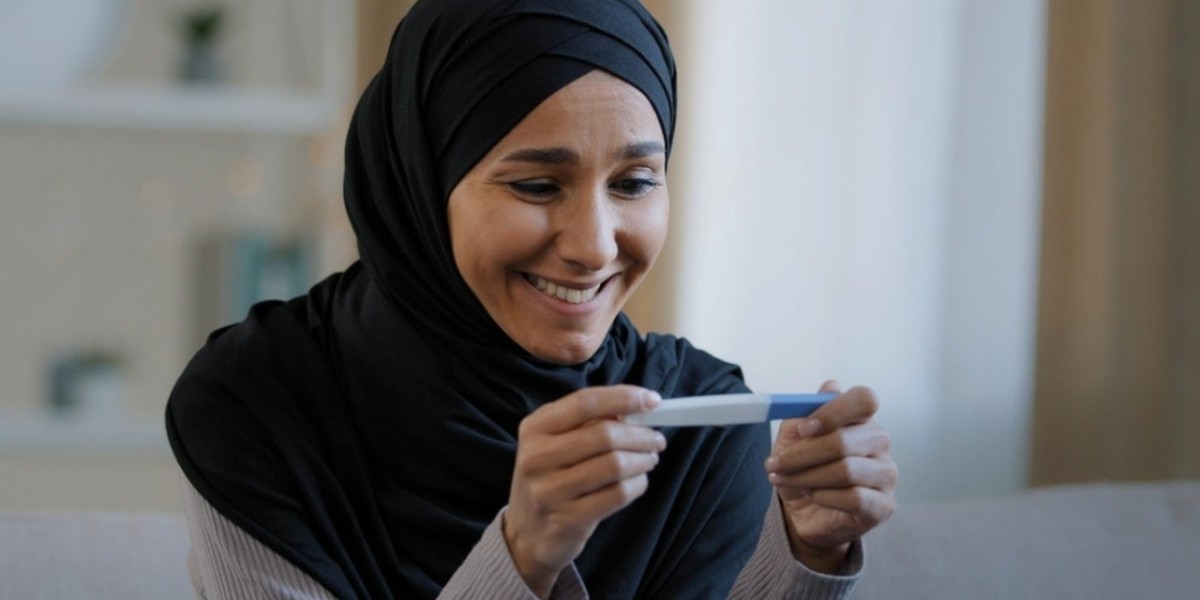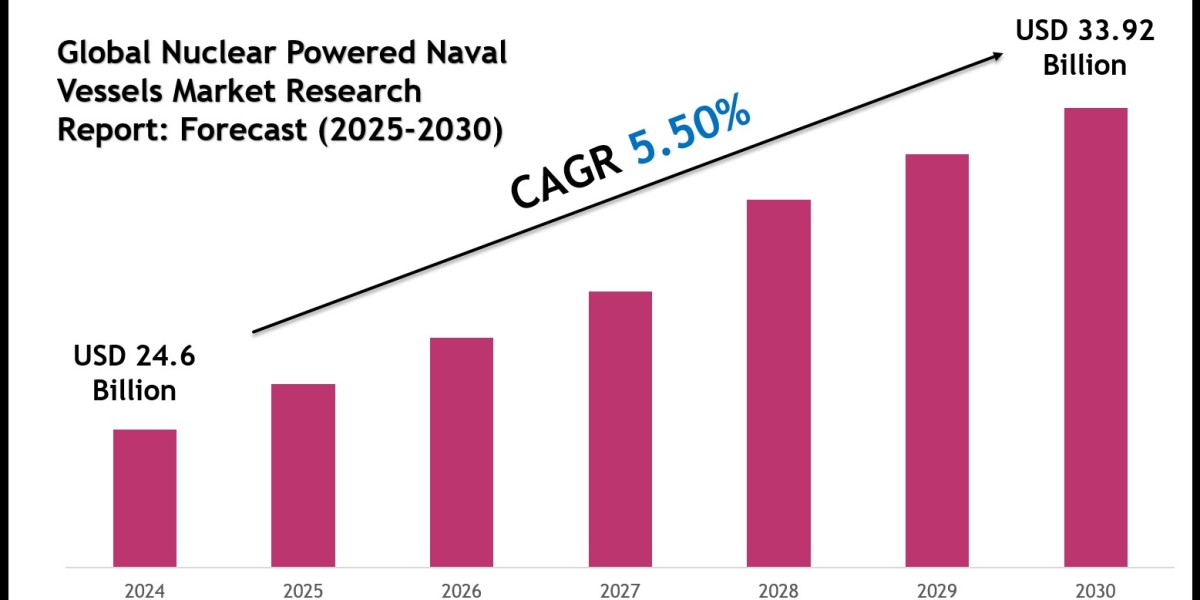Introduction
In recent years, In Vitro Fertilization (IVF) has become one of the most widely used fertility treatments for couples struggling to conceive naturally. However, while the medical advancements offer hope, many Muslim couples face an important ethical and religious concern: whether undergoing IVF is permissible in Islam. This question has been raised in many Muslim communities, and it continues to spark discussions that combine medical knowledge with Islamic principles.
Islamic Perspectives on IVF
When addressing the question is IVF halal, scholars look at Islamic teachings related to family, parenthood, and medical intervention. Islam places great emphasis on lineage (nasab) and the sanctity of marriage. Therefore, treatments such as IVF are generally considered permissible under certain strict conditions:
The sperm and egg must come from the married couple themselves.
The embryo must be implanted into the wife’s uterus.
No third-party involvement, such as donor eggs, donor sperm, or surrogacy, is allowed.
As long as these conditions are followed, most Islamic scholars consider IVF permissible, aligning medical progress with the values of faith.
Conditions That Make IVF Permissible
Islamic rulings emphasize the importance of protecting lineage. This is why the process must remain between husband and wife only. Introducing another party into the procedure is prohibited, as it compromises family integrity. IVF conducted within the framework of marriage is seen as a lawful means of seeking medical treatment for infertility.
Muslim scholars from across the world, including Al-Azhar University in Egypt and Islamic Fiqh Councils, have approved IVF under these guidelines. Couples who adhere to Islamic rulings while pursuing treatment can find comfort in knowing they are maintaining religious integrity.
The Role of Intentions in IVF Decisions
In Islam, intentions (niyyah) play a vital role in every action. For couples considering IVF, the intention is to fulfill a natural desire for children while staying within the boundaries of faith. Choosing IVF is not simply a medical decision but also a spiritual one. Couples are encouraged to seek guidance through prayer (dua) and consultation with trusted scholars to ensure their decision is rooted in both faith and wisdom.
Ethical Concerns and Challenges
While IVF is permissible under certain conditions, ethical concerns often arise. For instance, what happens to unused embryos? Many scholars agree that embryos should not be discarded or donated to others. Additionally, transparency between spouses, honesty in medical procedures, and respect for life are essential.
Couples must carefully choose clinics that respect Islamic values and ensure the treatment process adheres to ethical boundaries. A responsible approach ensures that medical intervention aligns with moral and spiritual responsibilities.
IVF and Emotional Well-being
Infertility is not just a medical issue—it often brings emotional stress, societal pressure, and psychological challenges. Islam emphasizes compassion and mutual support between spouses. IVF offers a hopeful solution, but couples must also focus on their emotional well-being, trust in Allah’s plan, and avoid stigma associated with seeking treatment. Religious reassurance plays a powerful role in providing peace of mind during the IVF journey.
IVF in Muslim-Majority Countries
Across Muslim-majority countries, IVF is increasingly being offered under guidelines approved by Islamic councils. For example, countries like Saudi Arabia, Malaysia, and Pakistan have medical boards that regulate IVF practices in accordance with Sharia principles. These regulations ensure that treatments are accessible while respecting Islamic teachings, giving Muslim couples confidence in their choices.
Importance of Seeking Religious and Medical Guidance
Before making a decision, it is recommended that couples consult both medical professionals and Islamic scholars. Medical experts provide insights into treatment success rates and health implications, while scholars ensure that the process aligns with Islamic rulings. This combined approach helps couples make informed decisions that balance both faith and medical science.
Conclusion
The question “Is IVF halal?” is deeply important for Muslim couples navigating the challenges of infertility. Islamic rulings generally allow IVF when conducted strictly between a married couple without third-party involvement. By seeking guidance from scholars, relying on medical expertise, and maintaining sincere intentions, couples can embrace IVF as a lawful and hopeful means of fulfilling their dream of parenthood while staying true to their faith.







